sore throat headache and body aches
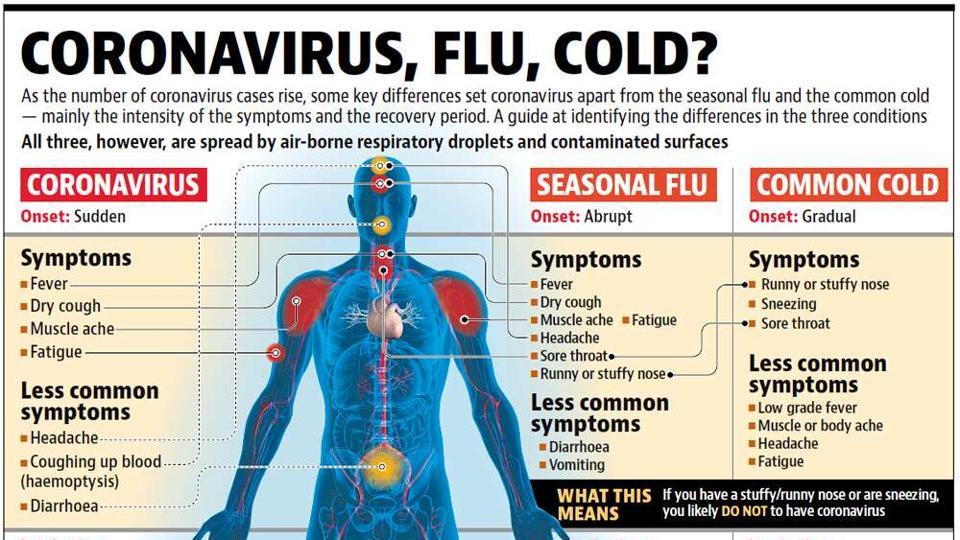 Coronavirus: How it is different from seasonal flu and common cold | Hindustan Times
Coronavirus: How it is different from seasonal flu and common cold | Hindustan TimesSupport for and affected by Oregon forest fires Viral variation: How to say a flu cold Both are viral infections, and both make you feel miserable, so how can you distinguish between common cold and flu? Usually, flu symptoms are more severe – with greater emphasis on body pain, chills and fever. People who are sick with the flu can develop fatal complications. Flu has the potential to become more serious, such as pneumonia or bronchitis. This is particularly true among high-risk populations, including young children, older adults, pregnant women and people with weakened or chronically diseased immune systems. A cold usually infects your nose and throat, while the flu may take residence on your nose, throat, bronchial tubes and even lungs. Many also misrepresent stomach failures that cause diarrhea and vomiting – medically known as gastroenteritis – such as flu. Gastroenteritis is actually an irritation of the stomach and intestines, although the viruses are responsible for many of these cases. SymptomsCommon symptoms may not appear until one or three days after being exposed to the virus. Symptoms may include a spongy or congested nose, itching or sore throat, coughing, body pain, headache, low-grade fever, and mild fatigue. With the flu, the symptoms appear more suddenly – and it is likely to feel worse. Symptoms of the flu include fever over 100°F, chills and sweat, headache, dry cough and pain muscles, especially in the back, arms and legs. If you have the flu, you will also feel weak and extremely tired. Cold FluGetting real about getting sickGoing outside with a wet head or without a coat will not – no matter what your mother or aunt says – get you sick. You can't catch a virus like that. Flu and cold viruses are transmitted by direct contact with an infected person. Microscopic drops of an infected person's respiratory system end somewhere – and if you touch that somewhere and then put your hands on your face, you're likely to have been infected. Washing your hands frequently and avoiding touching your eyes, nose and mouth will help limit your exposure to any of the 250 viruses that cause colds or the numerous flu A and B subtypes (the two main types of flu viruses) that circulate during the flu season. Prevention and Treatment Handwashing is the best prevention against the spread of germs. In addition to washing hands frequently, make sure to clean computer keyboards, phones and other surfaces with which you come in frequent contact. If you are in contact with people and shared surfaces often throughout the day and do not have the access or opportunity to wash your hands, use the alcohol-based disinfectant gel instead. Be cut cough or sneeze on your arm (not in your hands), and stay away from full places if you think you may be dropping with a cold or flu. The best defense against flu is simple: get a flu shot every year. However, a shot does not provide full protection against the flu. You can still get sick with a strain that is not covered by the vaccine. However, a flu vaccine can protect an individual from developing flu complications. If you get the flu, taking an antiviral medication within 48 hours of the onset of symptoms can help reduce your symptoms, as well as reduce the time you are contagious. Antibiotics, however, that are used to fight bacterial infections, are useless with regard to the fight against flu. While there is still no cure for common cold or flu, there are common and time-honored remedies that will help relieve their suffering: A recent study shows that physical fitness can affect whether or not it gets sick during the winter months. Those who exercised regularly experienced less colds. And if those who remained physically fit with a regular exercise regime were ill, their symptoms were much less severe than their non-exercise counterparts. Small and cold children If it seems that your young or preschool child has a nose more often than not, it is likely not to exaggerate. On average, young children can develop between six and 10 colds each year, but some may get sick with up to a dozen, especially during the fall and winter. With more than 200 different viruses causing the common cold, children's bodies are vulnerable because they have not yet built immunity. Children are also more likely to touch things and put their hands – or other objects – in their mouths or touch their eyes, which are both entry points for germs. Children who are around their peers for long periods of time – in preschool or nursery – are more likely to get sick from close contact. Individuals & FamiliesEmployersMedicareProductorsMembersHealth Share/Providers Contact us M-F, from 8 to 17 hours Visit our other websitesOur mission As expressions of God's healing love, witnessed through the ministry of Jesus, we are firm in serving all, especially the poor and vulnerable. Our basic valuesCompassion, Dignity, Justice, Excellence, Integrity To view PDF files, download free Individuals & FamiliesEmployersMedicareProducersMembersHealth Share/Providers
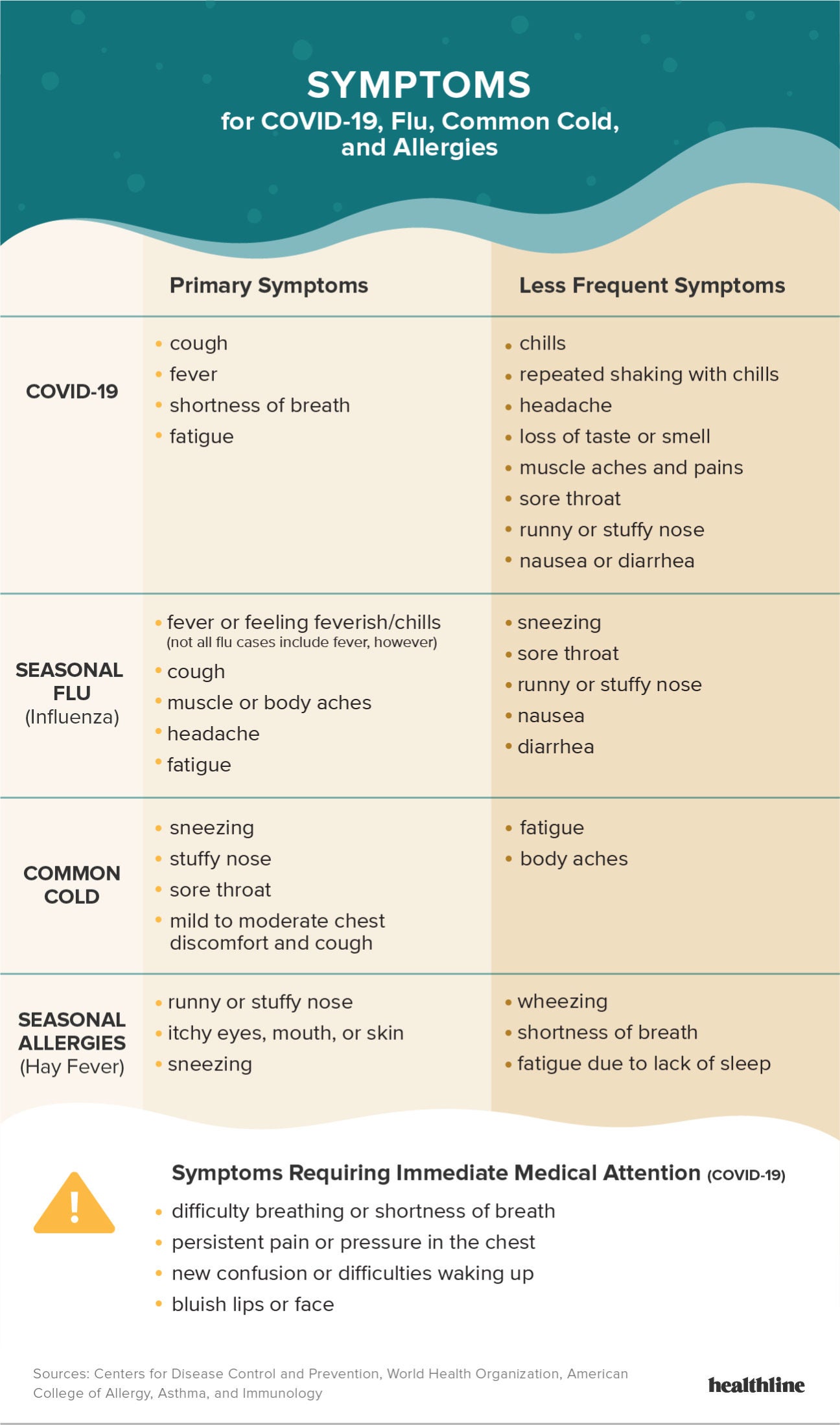
Different Symptoms for Coronavirus, Flu, and Allergies

Is it a cold, allergies or flu?
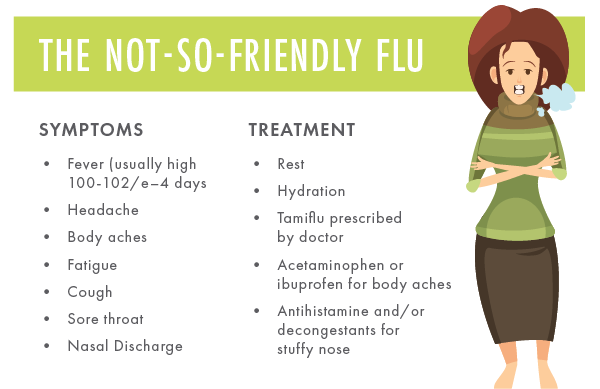
Cold, Allergies or Flu? What's What and What to Do About It

Cold, flu, allergies or COVID-19? How to tell the difference | OSF HealthCare
next front |1 |2 |3 |4 |5 |6 |7 |8 |9 |10 |11 |12 |13 |14 |15 |16 |17 |18 |19 |20 |21 |22 |23 |24 |25 |26 |review The symptoms of this new influenza A H1N1 virus in people are similar to the symptoms of regular human flu and include fever, cough, sore throat, body ...

Coronavirus vs. Flu: Symptom Differences, More
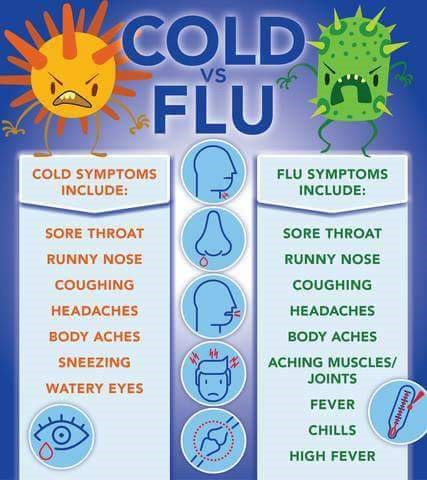
Flu Symptoms or a Cold? What do I have? - Kingwood Emergency Hospital

Knowing the different symptoms of coronavirus, flu and allergies
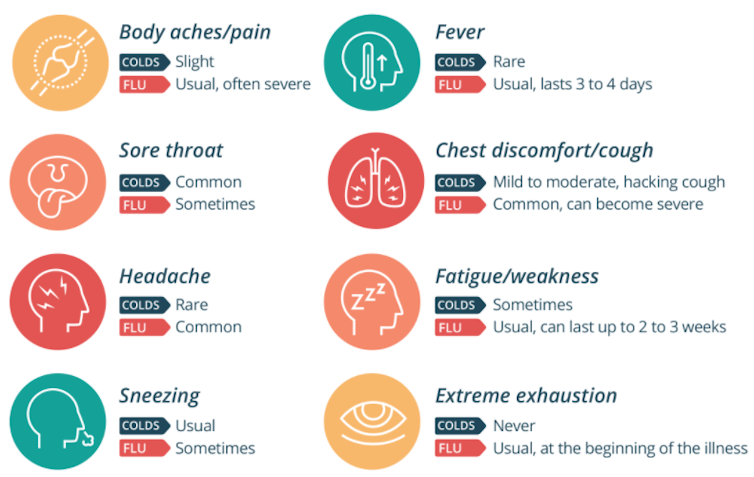
A strong immune system helps ward off colds and flus, but it's not the only factor
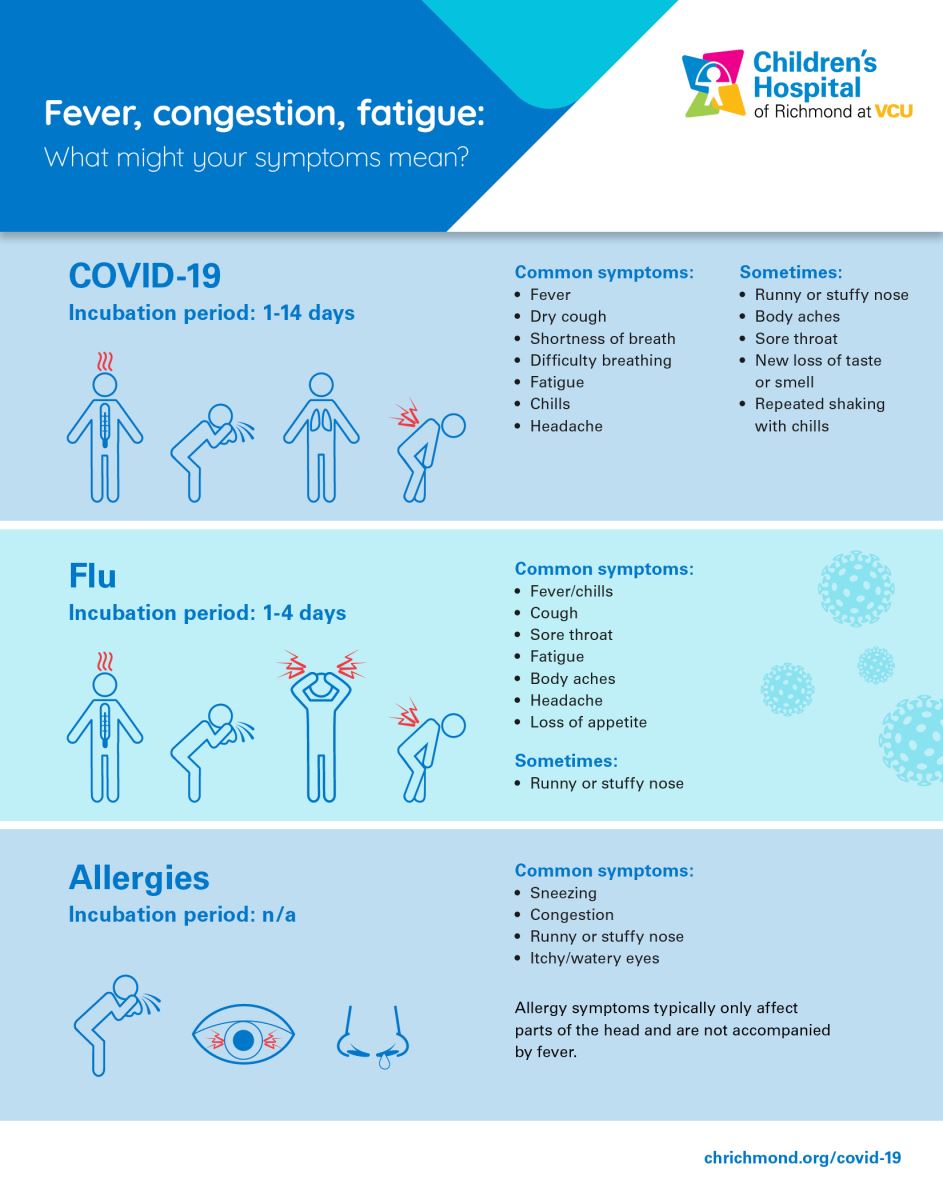
Fever, congestion, fatigue: What might your symptoms mean? | Children's Hospital of Richmond at VCU
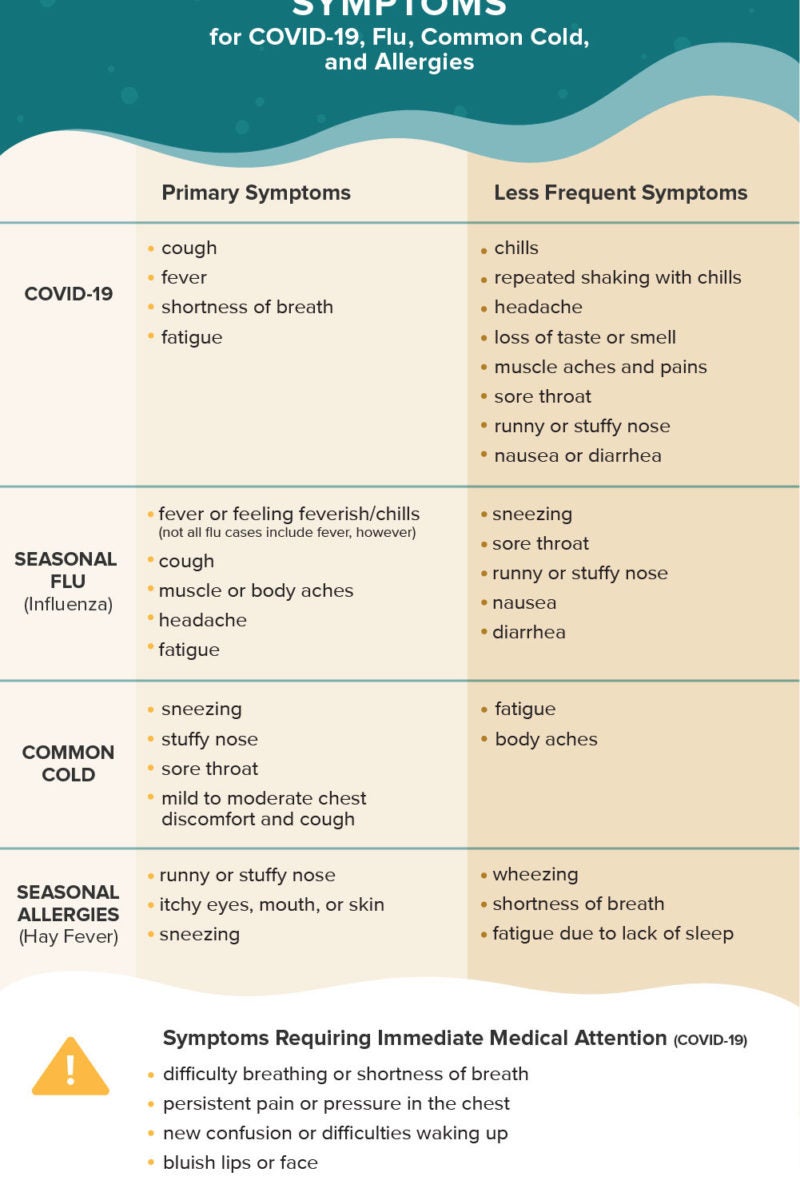
Different Symptoms for Coronavirus, Flu, and Allergies
Is it COVID-19, the flu or a cold? Des Moines, Iowa (IA), MercyOne

Are your symptoms flu or COVID-19? | Healthy You

Could My Symptoms Be Covid-19? - The New York Times
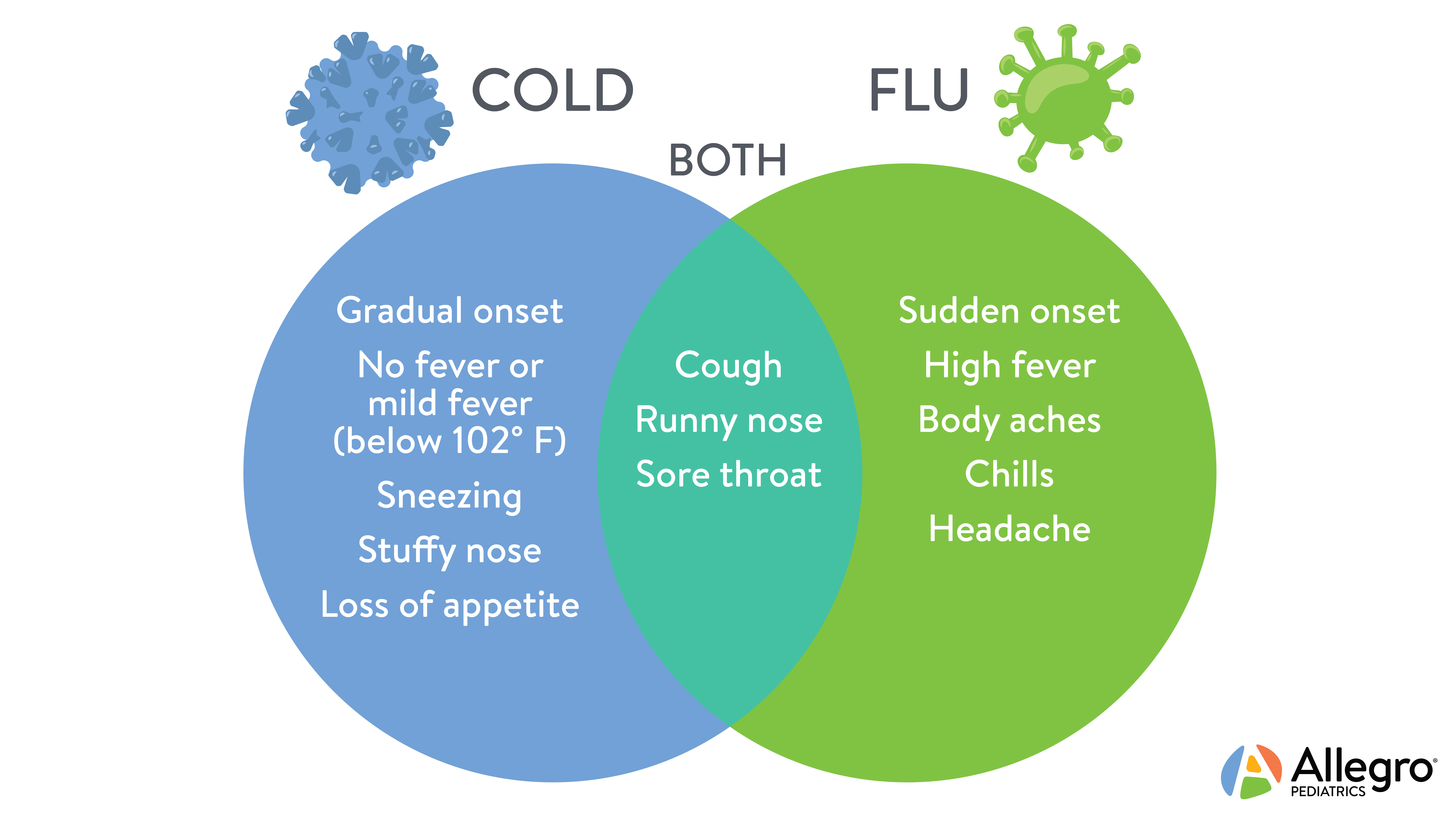
Flu Update | Allegro Pediatrics

Allergies, Flu, Cold, or COVID-19 - Elite Care ER | Houston, TX
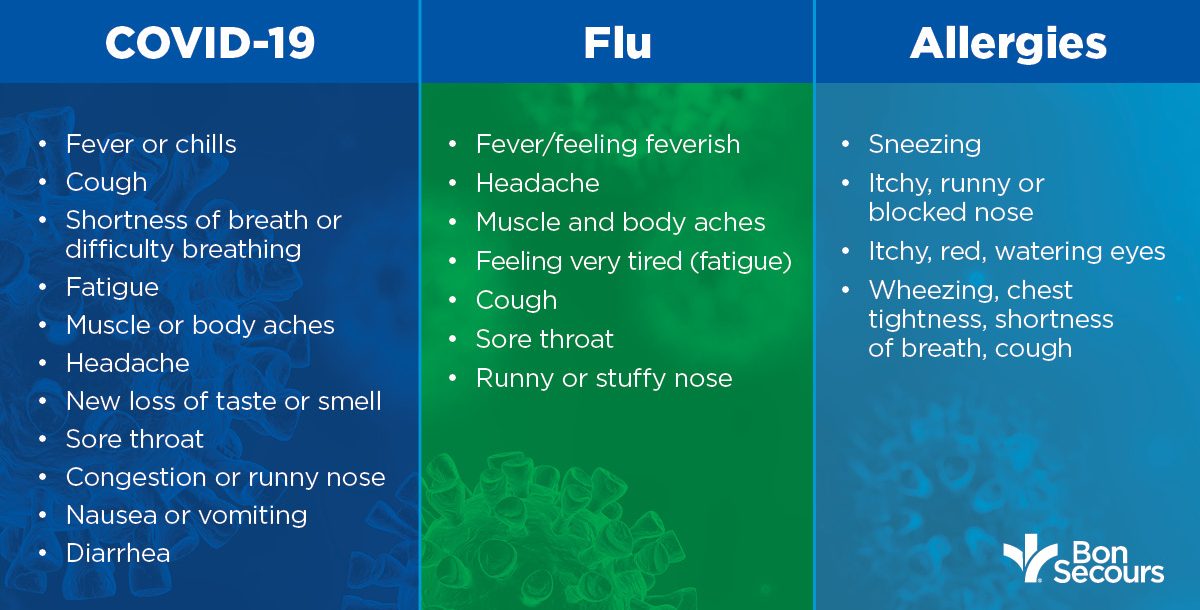
Coronavirus vs. Flu vs. Allergies | Bon Secours Blog
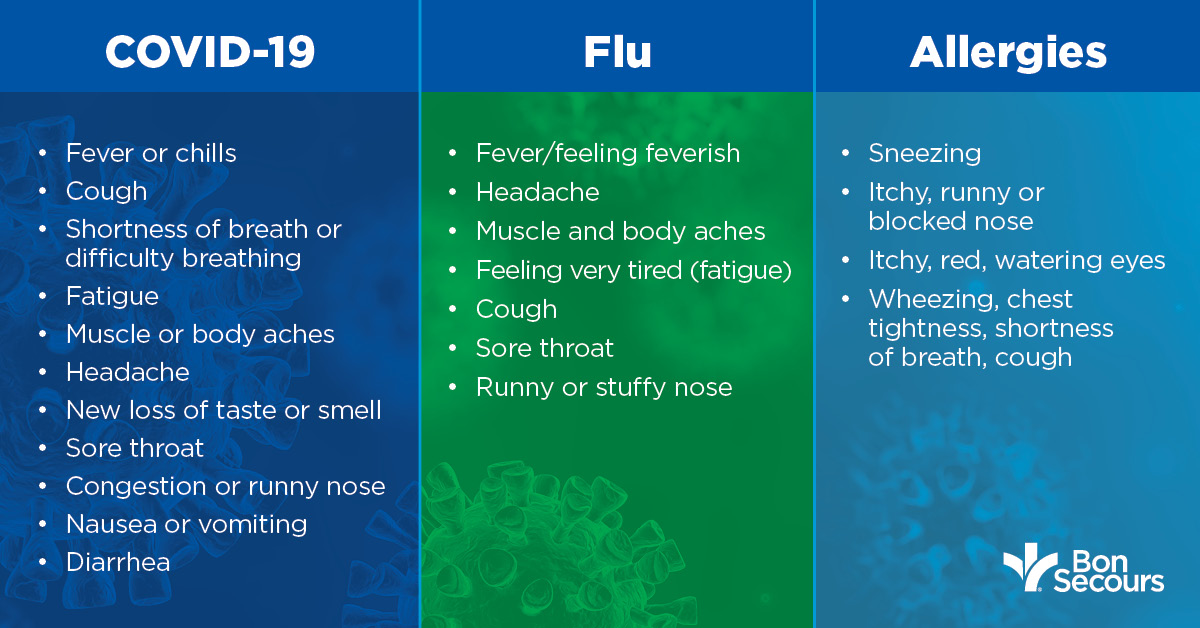
Coronavirus vs. Flu vs. Allergies | Bon Secours Blog

Chronic fatigue syndrome: Symptoms, treatment, and causes
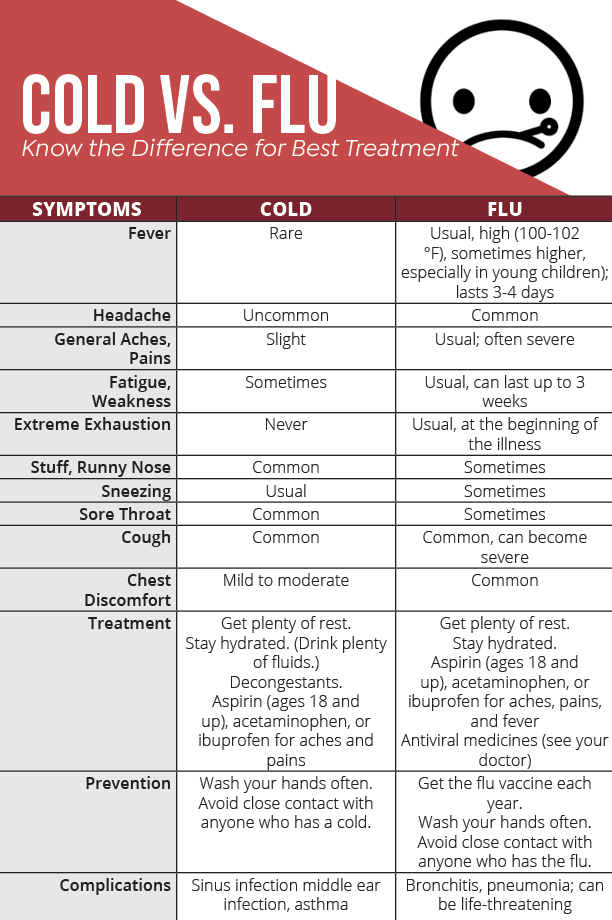
Cold Vs Flu | P3 Health Partners
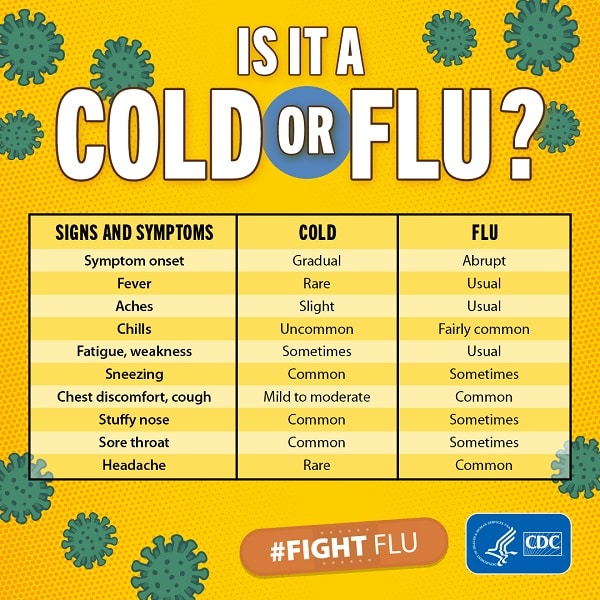
Cold Versus Flu | CDC

What to know about strep throat | OSF HealthCare
The Difference Between a Cold and The Flu | U.S. Preventive Medicine, Inc. (USPM)

TYLENOL® Cold Multi-Symptom Daytime | TYLENOL®

Coronavirus Symptoms: What to look for | News 4 Buffalo

UT Health Austin
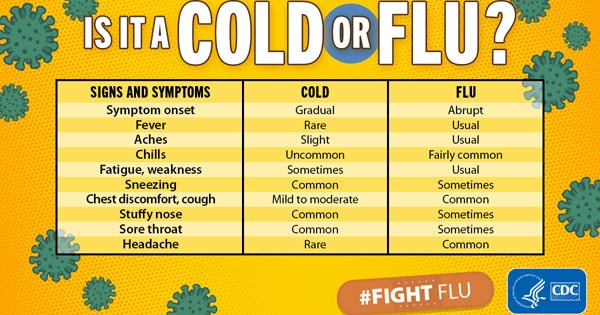
Cold Versus Flu | CDC
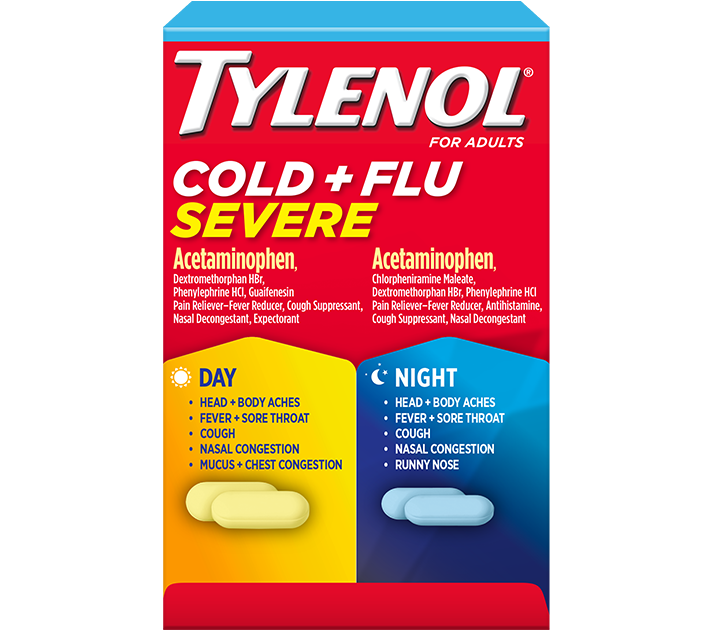
TYLENOL® Cold and Flu Severe Day/Night Caplets | TYLENOL®

Coronavirus in Utah: What are the symptoms of coronavirus?

Vicks Action Day & Night Relief | Vicks Australia
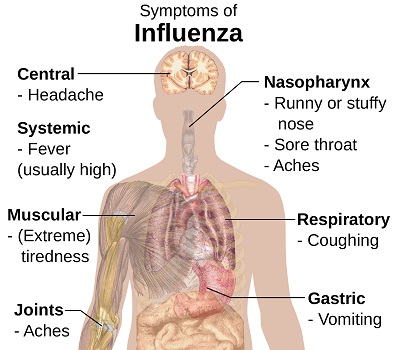
Disease Outbreak Control Division | Influenza (Flu)

What are the symptoms of COVID-19 | India News - Times of India
Not sick enough to worry? "Influenza-like" symptoms and work-related behavior among healthcare workers and other professionals: Results of a global survey

Sore throat and headache: Causes, treatment, and prevention

Lemsip Max Cold & Flu Remedy Sachets, Lemon x10 | Sainsbury's

Amazon.com: Amazon Basic Care Severe Cold & Flu Relief, Green Tea & Honey Lemon Flavors; Relieves Cough, Sore Throat Pain, Body Ache, Headache and Fever, 6 Count: Health & Personal Care
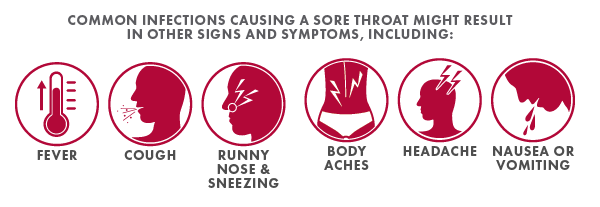
How Many Days is Too Many for a Sore Throat?

CDC Adds New Symptoms to Coronavirus List - The New York Times

CODRAL® Plus Sore Throat Lozenges + Cold & Flu Decongestant Relief Tablets | CODRAL® Australia
Posting Komentar untuk "sore throat headache and body aches"